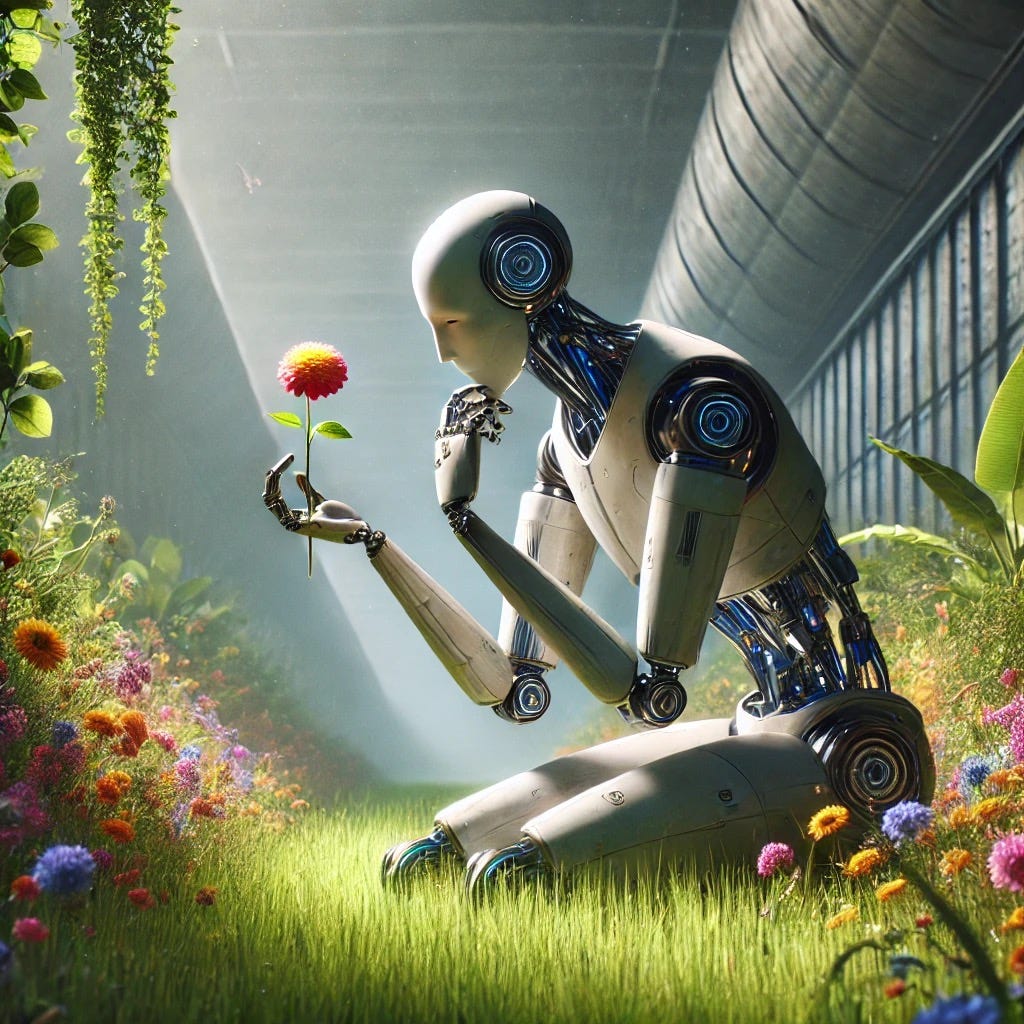Beauty Dies in a Reductionistic World
I listened to a short talk on beauty this morning. The poet and literary critic Dana Gioia discussed the topic. I recently bought a book by Sir Roger Scruton on the concept of beauty and have it on my list of things to read. After listening to Gioia, I came away with a few ideas. Most notably, our senses have been completely tuned towards reductionism.
For some, reductionism stems from a preference for simplicity, an aversion to ambiguity, or an overemphasis on efficiency. Reductionism in the sense I mean it is this, it is an inability or unwillingness to appreciate complexity. In one sense it is a handicap in that we are missing the capacity or possibility to appreciate the depth and robustness of something. In another sense it means, for one reason or another, while we possess the capacity or skill, we lack the desire to appreciate the depth and robustness of something. Reductionism prevents us from living a full life, a life that appreciates the works and wonders sewn throughout it. Life in this sense is stripped of its richness and complexity because it reduces our experiences to superficialities, blinding us to the beauty and fullness of God’s work in the world.
Reductionism wars against beauty. God could have sent Jesus, fully grown, dropped right out of heaven, to solve all of our problems in an instance. Or think, how easy it would have been to stop Satan right in his tracks and nuke him right out of existence before he said a word to Eve. Of course, all of the world’s horrors would have been avoided. Reductionistic thinking immediately goes to that level. For it reduces a problem to its most salient point. Then the reductionist argues as if that is the only point that matters. I suppose pain and suffering and the horrors that attend them are all that matters, if God were merely interested in avoiding all of the pain and suffering that humans produce. Human history tells us that He is not interested in avoiding anything like that. Human history, if anything, has been full of horrors, but that is reductionistic thinking too. For human history has also been full, more full, with beauty. The mother who snuggles with her child. The father who holds his boy’s hands. The young man who stands up for the weaker friend. The sister who cares for her brother’s feelings. The friend who visits a friend in the hospital. The married couple who parts only in death. Each, though small, and often overlooked exemplify beauty. Life is filled to the brim with each. While it is difficult for the reductionist to appreciate them, it is not difficult for God because He sees them all.
This tells us something about beauty. It has been said that, “beauty is in the eye of the beholder.” What does it mean to be “in the eye”? Surely, the author did not mean the physical eye. He meant the mind’s eye. For the eye is merely the window through which the soul looks. Put differently, beauty is found in the way a person perceives and appreciates what they see. The reductionistic thinker lacks the capacity or is unwilling to appreciate beauty or complexity, because their mind seems interested in running past each to get to the point. Getting to the point is important, but isn’t there more to living a meaningful life than that?
My wife and sister in law were shopping. I guarded the car. About an hour into my duty, I saw a friend I hadn’t seen in several years. I called her and we caught up. She told me how God reconciled a problem in her life. Something that she has been wrestling with for almost a decade. Her words were, “I’m finally free.” I didn’t take that statement to mean, I am free from the weight and bondage of it. It included that. She meant she was finally free from something deeper in order to be who she was always intended to be and to live in a way that appreciated the long journey that God took her on. She was proverbially, living her best life now because the past no longer held her.
When I thought about what I heard this morning and compared it with my conversation with my friend, I realized that Christianity cannot merely be stated in words or expounded upon in ideas but must also be demonstrated and expressed in living a beautiful life. Through the complexities of pain and joy, through the snuggles of a mother with her child or the reconciliation of a broken spirit, God reveals Himself. These moments, though small and often overlooked, embody the beauty that reductionism fails to see. It is in the fullness of such moments that the Christian life is not only understood but truly felt—a life where the journey itself reflects the beauty and grace of God.
Our friends and family need to hear our words and see how we live, but how we live must also be felt, not only by us, but by them too.


